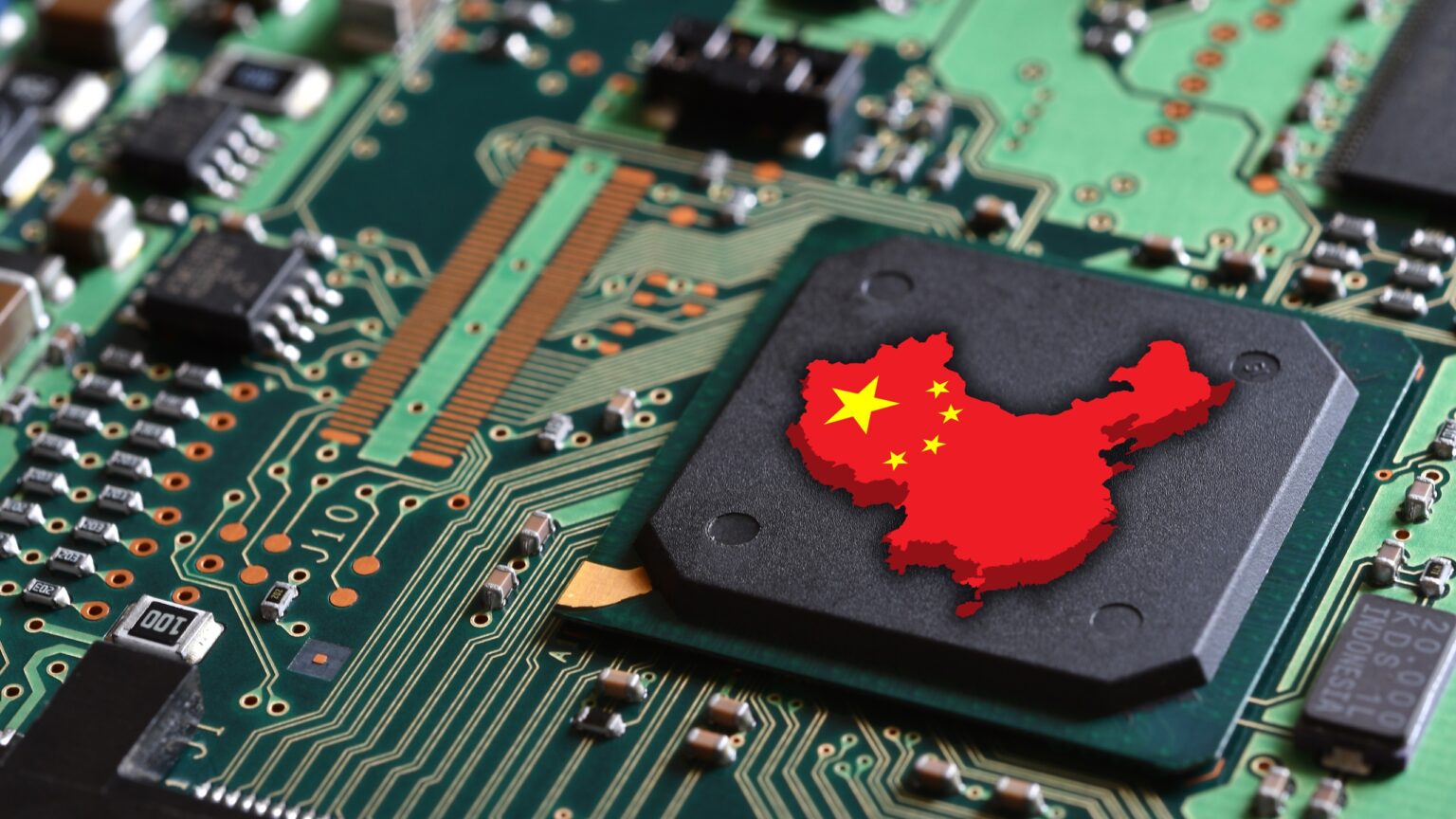Chinese government has finalized a friendlier set of rules to govern generative AI systems like OpenAI’s ChatGPT at a time the world over is seized with discussions on regulating the sector.
The new set of rules should come into effect August 15. The finalized rules, which mark the country’s move towards regulating the technology are a relaxation of the initial guidelines that were released in April this year, as the country admits the transformative power of AI and how China can be a global leader in the industry.
Prior the finalized rules, there were concerns from legal experts and industry stakeholders that the initial draft could limit innovation and AI development at a time the Asian country is looking at surpassing the US in technology.
A huge step forward
Generative AI boomed in 2023 following the release of ChatGPT in November to immediate success. Even the Chinese were impressed with the viral chatbot that firms like Baidu, Alibaba, and JD.com also jumped in to create their own chatbots equivalent to ChatGPT.
However, the Chinese government which has a tight grip on the internet services has also joined the rest of the world in creating laws and regulations to govern the industry. This comes amid fears the generative AI may produce content that conflicts Beijing’s ideologies.
Chatbots like ChatGPT, which is currently restricted in China is trained on large amounts of data and allows users to prompt, upon which it will generate replies.
Now, regulator Cyberspace Administration of China (CAC) has indicated its collaboration with several other regulators to come up with the set of rules to provide tech giants in that country a framework that guides them.
The CAC will lead seven state agencies that will oversee the 24 set of regulations. According to a Bloomberg report, the National Development and Reform Commission together with the education science and technology ministries have been added in the final version of the regulations.
Also read: XRP Coin Soars 83% After Ripple Wins Landmark Case Against SEC
The set of rules
According to reports, the Chinese AI rules are available for the public and not for those being developed in research institutions while those AI service providers are required to get the nod from CAC.
The rules also stipulate that whenever AI service providers detect any “illegal” content, they have the responsibility to stop the generation of such content.
Ideally, China is trying to strike a balance between promoting innovation through growth in generative AI, but in a manner that is safe to the public.
The country aspires to be a market leader in generative AI, support its infrastructure development such as semiconductors, while also keeping a watchful eye on the sector developments.
The CAC also said service providers in China must adhere to “core values of socialism.” The regulator has also implored AI systems providers to do security assessments on their products and ensure the security of users’ information.
The watered down version
According to experts, the new regulation is a more relaxed version of the original set in what has been seen as tolerance on the part of the Chinese government as it seeks to lure more investments in the area and become a market leader, ahead of the US.
“The final version of the law significantly watered down many stringent requirements in the earlier draft released by the CAC, sending a strong signal of cautious and tolerant approach in the oversight of generative AI,” said Center for Chinese Law director at the University of Hong Kong, Angela Zhang.
According to the final guidelines, non- Chinese service providers targeting that country’s market must comply with the same regulations while Chinese made systems targeting overseas markets are exempted from the rules.
“This means more opportunities will be in enterprise facing applications and people will be more cautious about consumer-facing entrepreneurship,” said founding partner of J Ventures, Frances Du.
“However, now that there are seven agencies involved, that will make it harder to gauge the specific execution style.”
Other changes
The director of the IIA Center for Regulation and Global Governance at the Chinese University of Hong Kong’s Shenzhen campus, You Chuanman acknowledged the new set of rules was more flexible. For instance, it removed specifics on grace period and also added a greater focus on promoting development.
“A clear-cut deadline of three months could be a daunting challenge. In the overall content, there are quite a few additions of clauses to promote development, and there is more emphasis placed on the use of existing legal tools,” said You.
You’s comments come as the new official guidelines remove from the first draft requirement for a three month grace period for platforms to remove undesired content. The official guidelines also remove from the April draft fines of up to 100 000 yuan or $14 000 for contravening the law.









 and then
and then